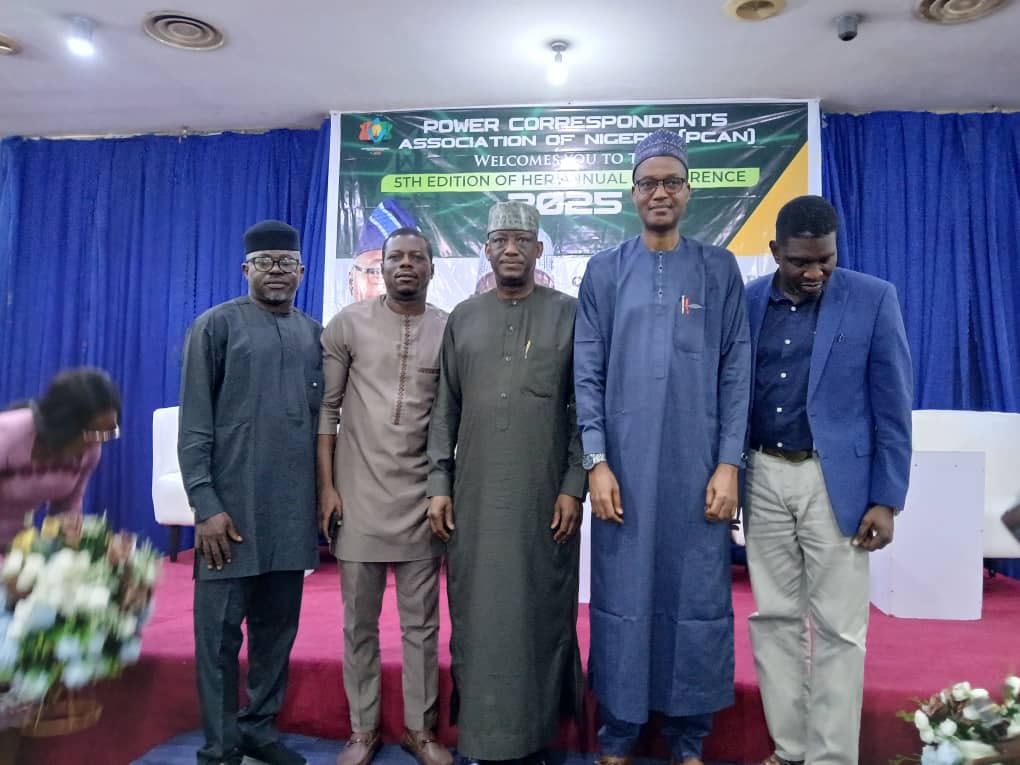The Nigerian Independent System Operator (NISO) has called for a balanced approach to electricity tariffs to prevent exacerbating energy poverty among Nigerians. Managing Director/Chief Executive Officer of NISO, Engr. Abdu Bello Mohammed, made this appeal at the 5th Annual Conference of the Power Correspondents Association of Nigeria (PCAN) in Abuja.
Mohammed emphasized that the debate on tariffs is central to Nigeria’s electricity challenges, stressing that tariffs must reflect the cost of supply to sustain investments and ensure reliable service. He noted that millions of Nigerians are unable to afford stable energy due to rising inflation, unemployment, and declining purchasing power. The real question, according to Mohammed, is not whether cost-reflective tariffs are necessary, but how to achieve them in a way that preserves affordability and protects the most vulnerable.
Nigeria’s electricity subsidies have created significant debt, weak infrastructure investment, and an unreliable power supply, further undermining consumer willingness to pay. Mohammed advocated for gradual tariff adjustments tied to visible service improvements rather than abrupt increases. He emphasized that consumers would be more willing to pay when reliability and fairness are demonstrated.
As states move to establish subnational electricity markets under the new Electricity Act, Mohammed stressed the need for decentralized and embedded generation systems to be integrated in a way that maintains synergy with the national grid. Broader policy alignment, including reforms in gas pricing, demand-side energy efficiency, and continuous stakeholder engagement, is essential to ensure public understanding of tariff adjustments.
PCAN Chairman, Obas Esiedesa, highlighted the urgent need to reconcile the financial realities of the power sector with the economic realities of Nigerians. Despite over a decade of privatization, the industry continues to struggle under heavy financial burdens, including an estimated N6 trillion owed by the Federal Government to power generation companies. Esiedesa noted that about 85 million Nigerians, roughly 43 percent of the population, still lack access to grid electricity, making Nigeria home to the largest electricity access deficit in the world.
The power sector stands at a crossroads, between cost recovery and social justice, between reform and regression. Achieving a fair, transparent, and socially responsible pricing framework that balances economic sustainability with public welfare is crucial. The Nigerian government and stakeholders must work together to address the challenges facing the power sector and ensure that electricity is affordable and accessible to all Nigerians.
